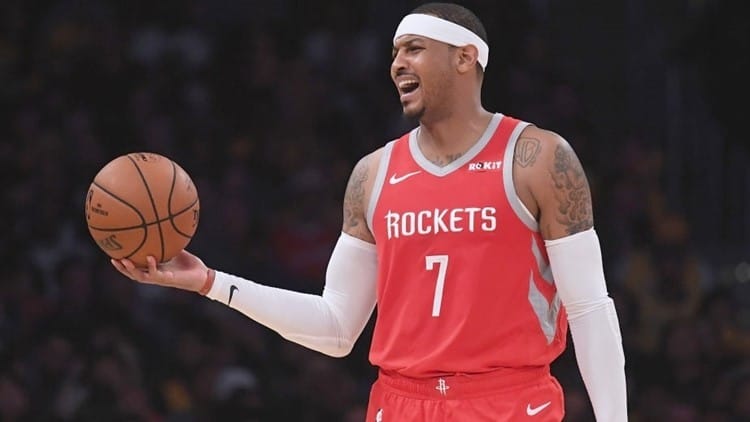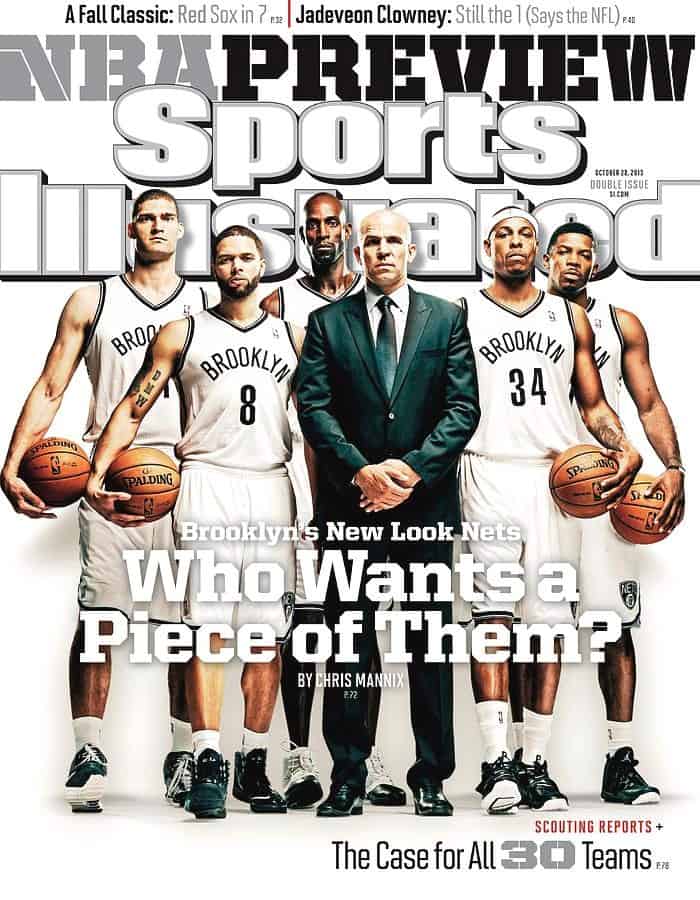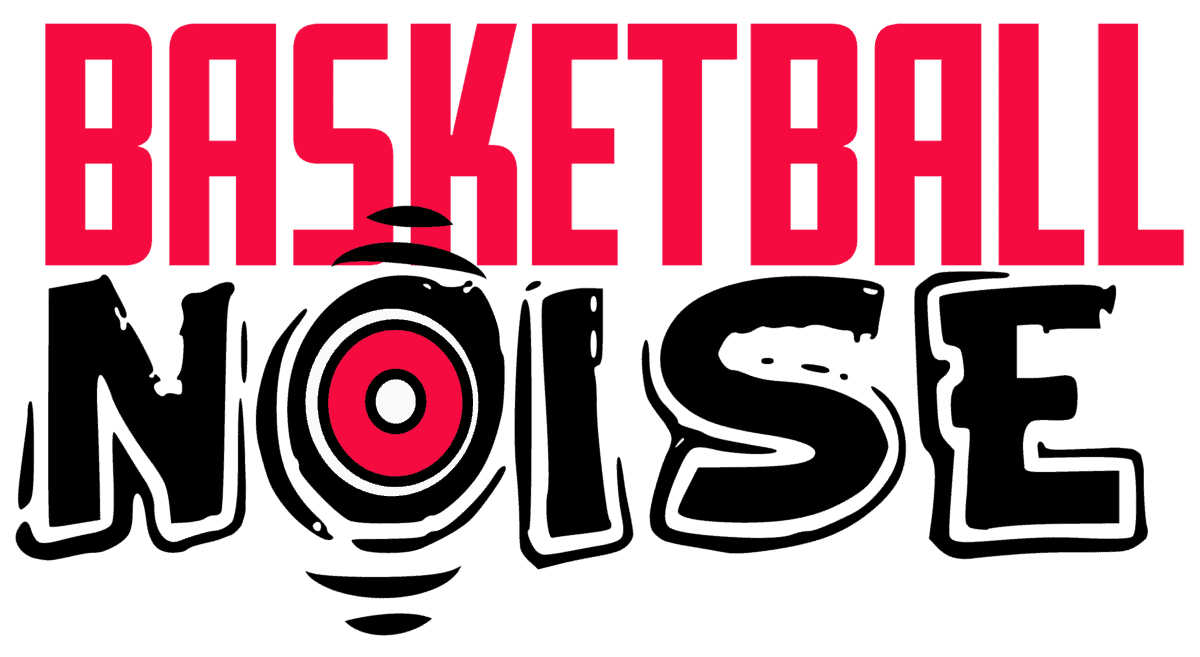The NBA has a lot of different and often confusing ways that players can change teams. Players contracts are very complicated, with buyouts being how mid-season free agency is created.
How do buyouts work in the NBA? A buyout is when a team and player decide to part ways. The player surrenders an agreed upon amount of his contract and in exchange he is released by the team and becomes available for other teams to sign. The original team will still be responsible for paying him the remainder of his contract, it will still sit on their salary cap. The player is free to be paid a new contract by the team he joins. This process is also known as Waivers.

Buyouts will usually occur when a team and player both agree to a contract being released. This will usually come after the team has looked for a trade package. Trading a player away is the preferred option for the team as they get to choose where the player goes and will get some compensation in the trade.
Trades are found for the majority of players looking to leave their teams, however there are a few different types of players who are more likely to be bought out rather than traded. This is more because the player is not that attractive to other teams, so a trade partner cannot be found.
If a player is in the final year of his contract, a buyout is much more likely to happen. Veterans are much more likely to be bought out as they have more expensive contracts despite not necessarily having more skill. A buyout can happen if the team has no interest in retaining the veteran in the upcoming offseason.
Buyouts tend to only happen for players who are in the last year of their contracts, otherwise the buyout is likely too expensive for the team. This is not always the case, with some teams across the course of the history of the NBA deciding to accept the expense to release a player on a multi-year contract.
What happens when a buyout in the NBA takes place?
When a buyout takes place in the NBA, the player will go through waivers. Waivers are a 48 hour period after a player is released. During these 48 hours, teams can bid for the rights to a players contract. The winning bid will win the rights to a players contract and he will sign for that team instead of going into unrestricted free agency.
The team that has the winning bid must be able to fit the players salary within the salary cap. Of course, a team will not bid on a player’s contract if that player does not want to play for the bidding team. So you will often see teams decide against bidding on the contract.
The other reason for teams not bidding during waivers is because they don’t want to take on the contract. Buyouts often happen because the contract of the player is not beneficial to the team. So it is hardly surprising that these same teams do not want to buy the contract of the player when it becomes available.
Instead, most players who are bought out head to free agency.
What happens after a player clears waivers
Once a player clears waivers, he is clear to agree to a contract with any team that he chooses except for the one that just released him. Most players head to free agency because it gives them the choice of where they are going which may not be the case if traded or claimed on waivers.
In free agency, usually the player’s agent will find the team who best suits the player and the team that will offer the biggest contract. It is the preferred option for players as they look for new teams through choice.
Why would an NBA team want to buyout a player’s contract
There are a couple of reasons for an NBA team wanting to buy out a players contract. The first being this player does not fit into the plans of the team. Most buyouts happen between veterans and losing teams. This is because losing teams are looking to rebuild and having expensive veteran contracts will not help at all.
So during the season, when teams acknowledge they are not in a winning position, they will look to move on from their veterans. Usually the first thing teams will do is look to trade away the player or players.
However, not every player is attractive enough to be traded for. This is likely due to his age, performances and contract. This means that teams will look to buy out the contract. You may ask why teams would buy out the contract instead of just waiting for it to expire.
That is because buying out a contract usually comes with a lot of money saved. During talks between the player and team, they will agree for the team to pay a reduced salary to the player. So instead of paying a players full salary for the year, they can save money by paying a reduced number.
This number is worked out between the players agent and the team and is still usually the majority of his contract. But it is still a saving that is welcomed by the team and the player.
There is another scenario when contract buyouts happen. This happens when a trade occurs. After a trade, one team may have received a player that they do not plan to use. This would encourage them to buy out the players contract. Carmelo Anthony is the perfect example of this.
Anthony was traded to the Atlanta Hawks over the summer of 2018 in a three team trade. Only five days after the trade was completed, Anthony and the Hawks agreed to a contract buyout and he was put on waivers. The Hawks clearly did not plan on using Carmelo when they traded for him and so he was released quickly.
What are the Biggest Buyouts in NBA history?
There have been some huge buyouts in the history of the NBA.
5. Deron Williams- $16 million
The fifth biggest player buyout was Deron Williams. After some brilliant seasons with the Utah Jazz, Deron Williams left to join the Brooklyn Nets. The Nets gave Williams a huge five year, $99 million contract. After he joined the Nets, Williams was a shell of the player he used to be.

So in 2015, the Nets and Williams agreed to buy out the final two years of his contract for a whopping $16 million. It was still a big saving for the Nets.
4. Shawn Kemp- $18.7 million
The highlights of Shaun Kemp playing are some of the best we have ever seen, his high flying athleticism helping Kempt to a long and successful career. The back end of his career ended poorly, with Kemp being traded to the Portland Trail Blazers in 2000. He found no form in Portland and struggled with cocaine use.
After two seasons, Kemp was bought out by the Trail Blazers and Portland had to play a huge amount back to Kemp, before he signed with the Cleveland Cavaliers.
3. Derek Fisher- $20.6 million
The case of Derek Fishers buyout is one of the most interesting in NBA history. Back in 2007, Fishers daughter was struggling with Retinoblastoma, a rare degenerative form of eye cancer that main appears in children. It was so rare that Utah did not have any specialists who could help to treat it.
As Fisher was playing in Utah at the time, he requested his release so he could be with his family in a different city where they had a specialist for his daughters condition. Utah honoured his demand and eventually Fisher signed with the Lakers were he went on to win two more championships.
2: Larry Sanders- $21.9 million
Larry Sanders contract buyout is one that was not really welcomed by the player. Sanders was a first round pick in 2010 and was a fine point forward for the team. However, he picked up his second suspension in 2015. Both of his suspensions were down to marijuana use.
After the second suspension was announced, Sanders’ contract was bought out. Sanders only played in five more NBA games after his buy out, but certainly made enough money from Milwaukee to get by.
1 . Bison Dele
Bison Dele might be the most interesting former NBA player you have never heard of. Dele was taken tenth overall in 1991. Throughout his NBA career he played for five different teams and became an NBA champion thanks to Michael Jordan and the Chicago Bulls in 1997.
Despite being a good role player, Dele decided to retire at the age of 30. It was theorised that he never really loved playing basketball and had made enough money to retire. When he chose to retire, he was the Detroit Pistons highest paid player. Part of this retirement was the Pistons buying out his contract.
This turned out to be an NBA record $31.7 million. Despite NBA contracts getting bigger and bigger, there has still not been a bigger buyout since 1999.
